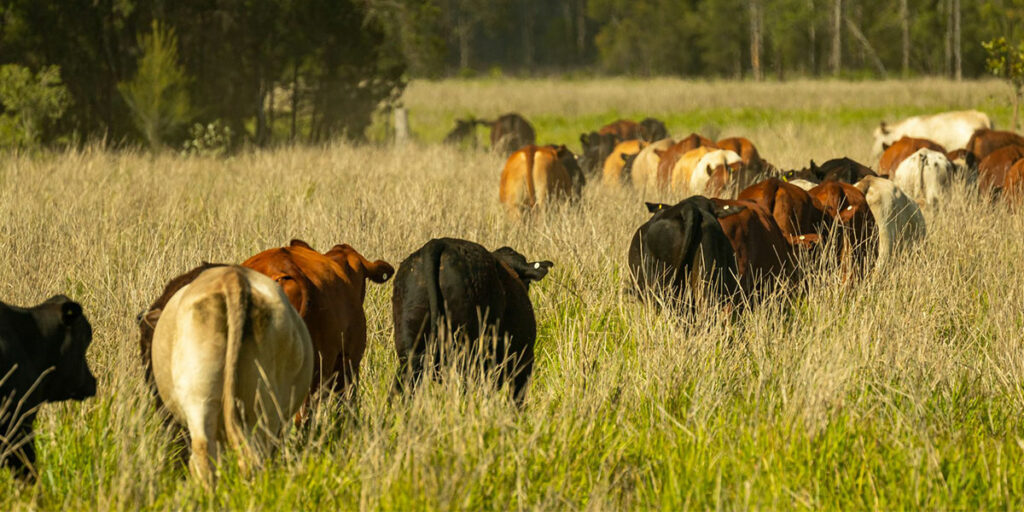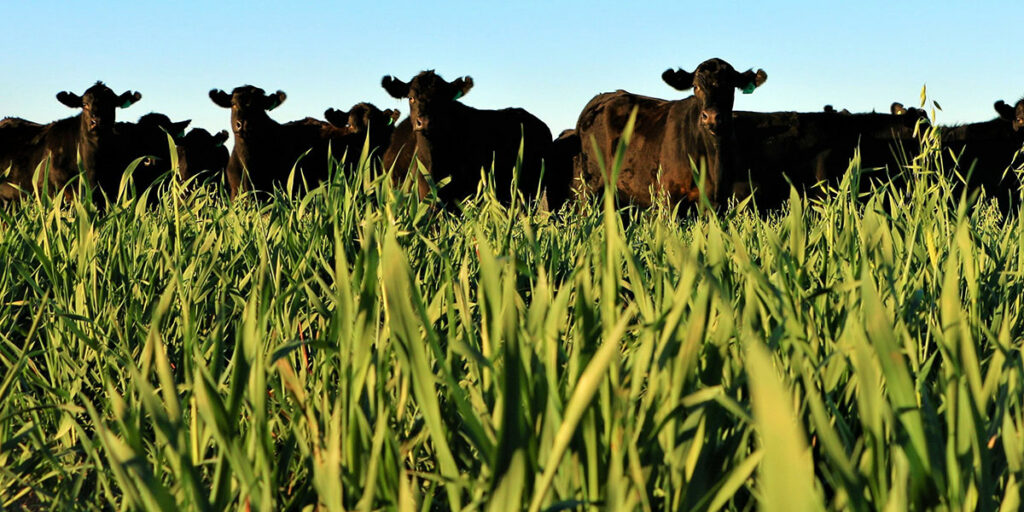Soils are so much more than just dirt. Healthy soils provide the basis for healthy ecosystems, help store carbon and water, support biodiversity, and are critical for producing the food we eat. However, soils are often taken for granted and face threats from unsustainable land management practices such as tillage, overgrazing, urbanisation, deforestation, and climate change.
The effects of soil degradation go far beyond our own backyards – they can lead to reduced crop yields, increased water and air pollution, an increase in the cost of food production, desertification, and even significant contributions to climate change.
We have a responsibility to take care of our soils – not only for ourselves but also for future generations. We need to start by recognising the importance of healthy soils in maintaining life on Earth and shift our practices from soil degradation to soil conservation. This means taking the time to understand our soils, utilising sustainable land management practices such as no-till farming and rotational grazing, restoring soils with cover crops, reducing erosion from construction and development, and protecting against pollution.
Healthy soils are essential for life – not only ours, but all life on Earth.
Supporting this with empirical findings in her thesis, Dr. Chioma Igwenagu a Soil Scientist from CarbonLink™ explains below that there are methods to improve soil health during and after devastating droughts.
Understanding drought impact on microbe-nutrient transfer to adapt grazing systems. A short overview with Dr. Chioma Igwenagu.
As climate change brings more drought and warming to the world, Australian pasture production is projected to suffer greatly, unless we find ways to adapt. To maintain healthy and productive pastures for grazing, we need to understand how soil microbes transfer nutrients to the plants that feed our industries and ecosystems.
Dr. Igwenagu’s study looked at twelve different pasture species, both alone and mixed with legumes and natives, to see how they responded to drought and warming in terms of microbial nutrient transfer. She also tried some new techniques to help adapt to changing climates, including using arbuscular mycorrhizal (AM) fungi and varying levels of plant biostimulants and chemical fertilisers.
She conducted a field study and two glasshouse trials at the PACE experimental facility and the Hawkesbury Institute for the Environment at Western Sydney University. Her goal was to understand how soil and microbial nutrient responses change under different pasture systems and soil types.
What she found was that drought had negative effects on soil and plant health, which persisted even after the drought had ended. Adding AM fungi did not improve nutrient availability to plants in a degraded soil that had been both warmed and droughted. However, using plant biostimulant at lower levels increased microbial biomass, soil nutrients, and plant growth under drought, especially in soils with lower clay percentages.
By using this knowledge to adapt nutrient management systems, farmers can help ensure the continued success of their grazing systems and adapt to future climate changes across different plant species and soil types. This study was a jointly funded by Western Sydney University, Meat and Livestock Australia, and Dairy Australia.
Summary:
- Soils are critical for supporting healthy ecosystems, sustaining biodiversity, and producing food.
- Soil degradation from unsustainable land management practices, deforestation, and climate change can have far-reaching consequences, such as reduced crop yields, increased air and water pollution, desertification, and climate change.
- It is essential to shift from soil degradation to soil conservation, understanding the importance of healthy soil for the planet and future generations’ wellbeing.
- Soil scientist Dr. Chioma Igwenagu conducted a study to understand how soil microbes transfer nutrients to plants for grazing in drought and warming conditions.
- The study involved twelve different pasture species, varying levels of biostimulants, and chemical fertilisers in soil types and field and glasshouse trials.
- Results showed negative effects on soil and plant health during drought, persisting even after drought had ended, but using lower levels of biostimulants improved microbial biomass, soil nutrients, and plant growth under drought.
- Applying this knowledge to adapt nutrient management systems can help farmers maintain successful grazing systems and prepare for climate changes.
- The study was a jointly funded by Western Sydney University, Meat and Livestock Australia, and Dairy Australia.
Author: Written by Dr. Chioma Igwenagu & Chris Eccleston



